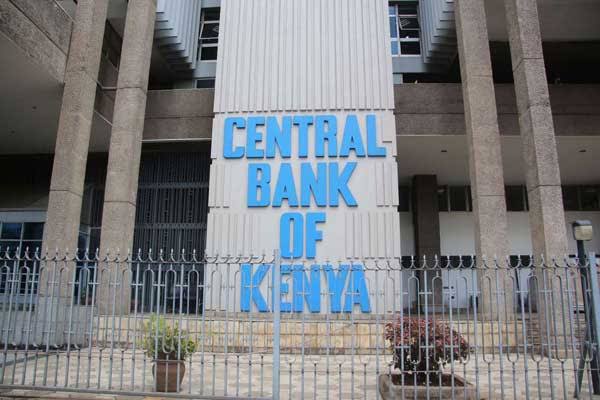The Supreme Court has dismissed an application by Stanbic Bank Kenya Limited that sought to grant the Central Bank of Kenya (CBK) Governor full authority to regulate banking rates.
In a landmark ruling, the court reaffirmed that only the Cabinet Secretary (CS) for National Treasury holds residual authority to approve interest rate adjustments, in line with Section 44 of the Banking Act.
In a unanimous decision by Chief Justice Martha Koome and Justices Mwilu, Ibrahim, Wanjala, Ndung’u, Lenaola, and Ouko, the court held that while the CS may delegate certain duties, ultimate responsibility cannot be transferred.
“Delegated authority is not a transfer of responsibility,” the judges said, affirming that ministerial oversight remains essential under Kenyan law.
Stanbic’s case was weakened by procedural missteps, including filing under the wrong legal provision and outside the stipulated 14-day period.
The bank had argued that CBK’s governor acted under valid delegation via Legal Notice No. 35, but the court ruled that such delegation does not override statutory requirements.
The ruling has far-reaching implications for banks, many of whom have obtained rate change approvals directly from the CBK Governor.
Stanbic warned that the decision could spark litigation from borrowers over rates changed without direct ministerial approval.
However, the court emphasized that Section 44 of the Banking Act places approval power squarely with the CS, not CBK, and rejected Stanbic’s claim that constitutional independence under Article 231 shields the Governor’s actions.
Legal experts hailed the ruling as a clarification of accountability in monetary policy implementation.
Meanwhile, affected banks face potential regulatory backpedaling to align with the court’s interpretation.



















